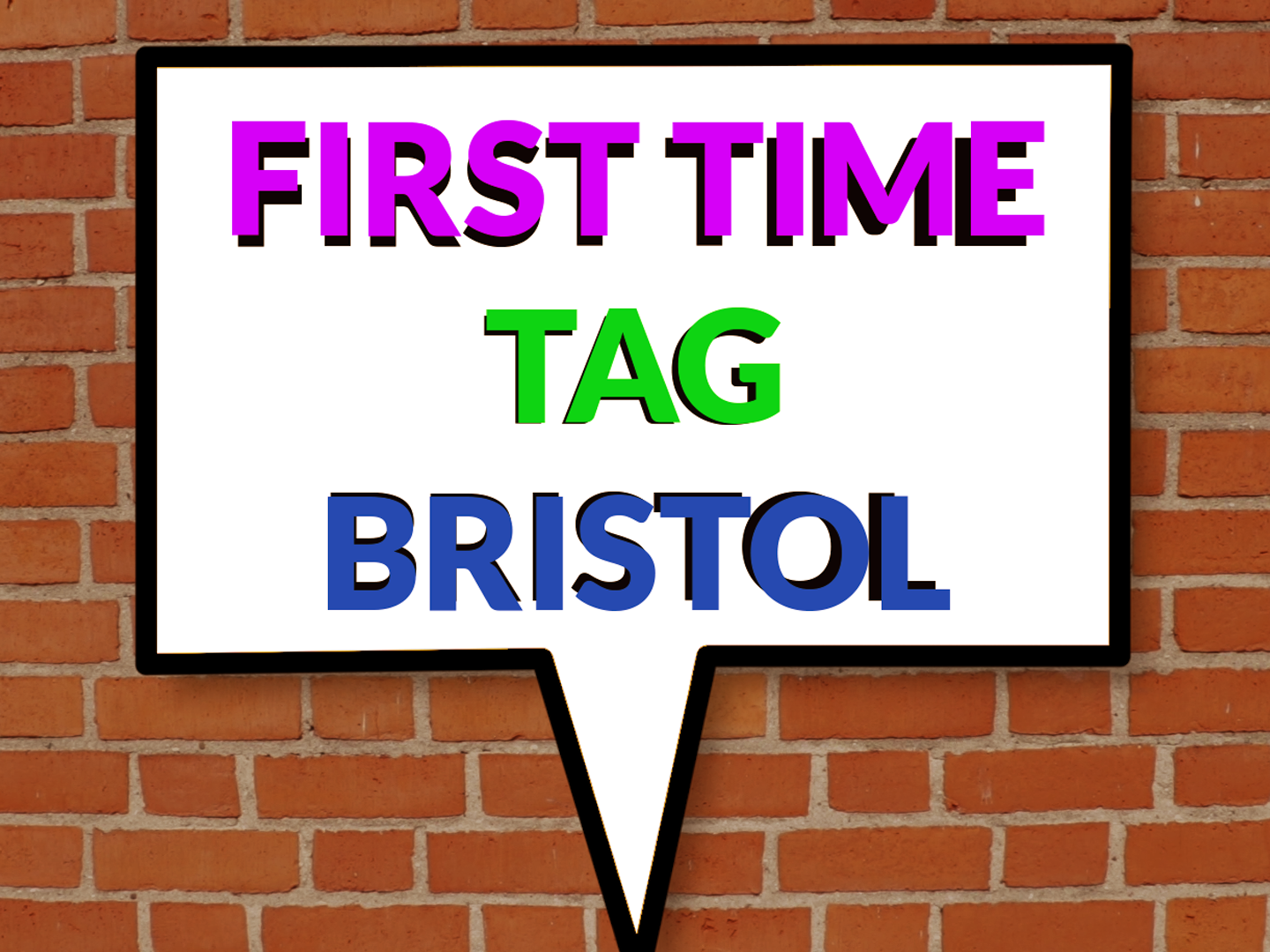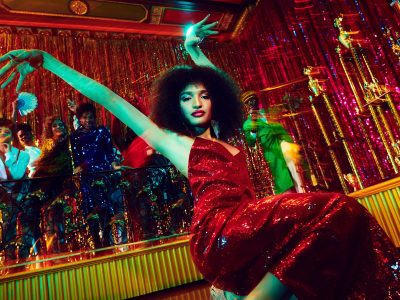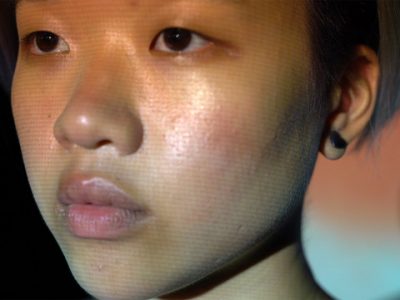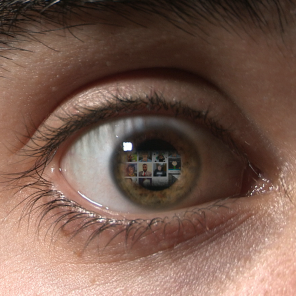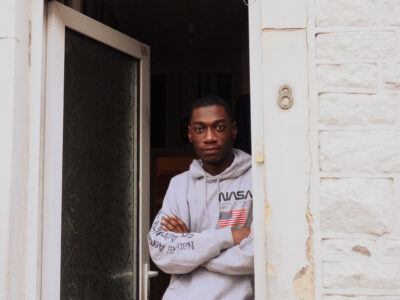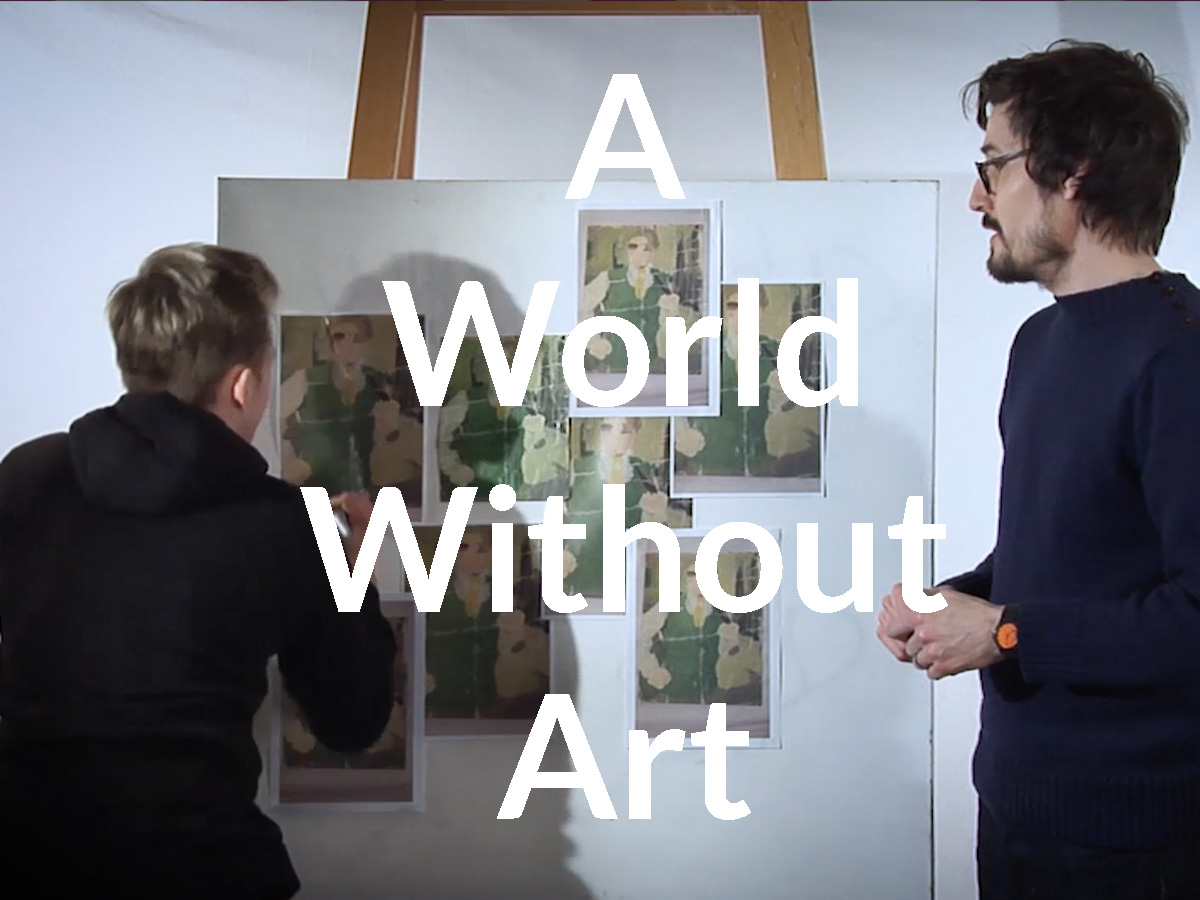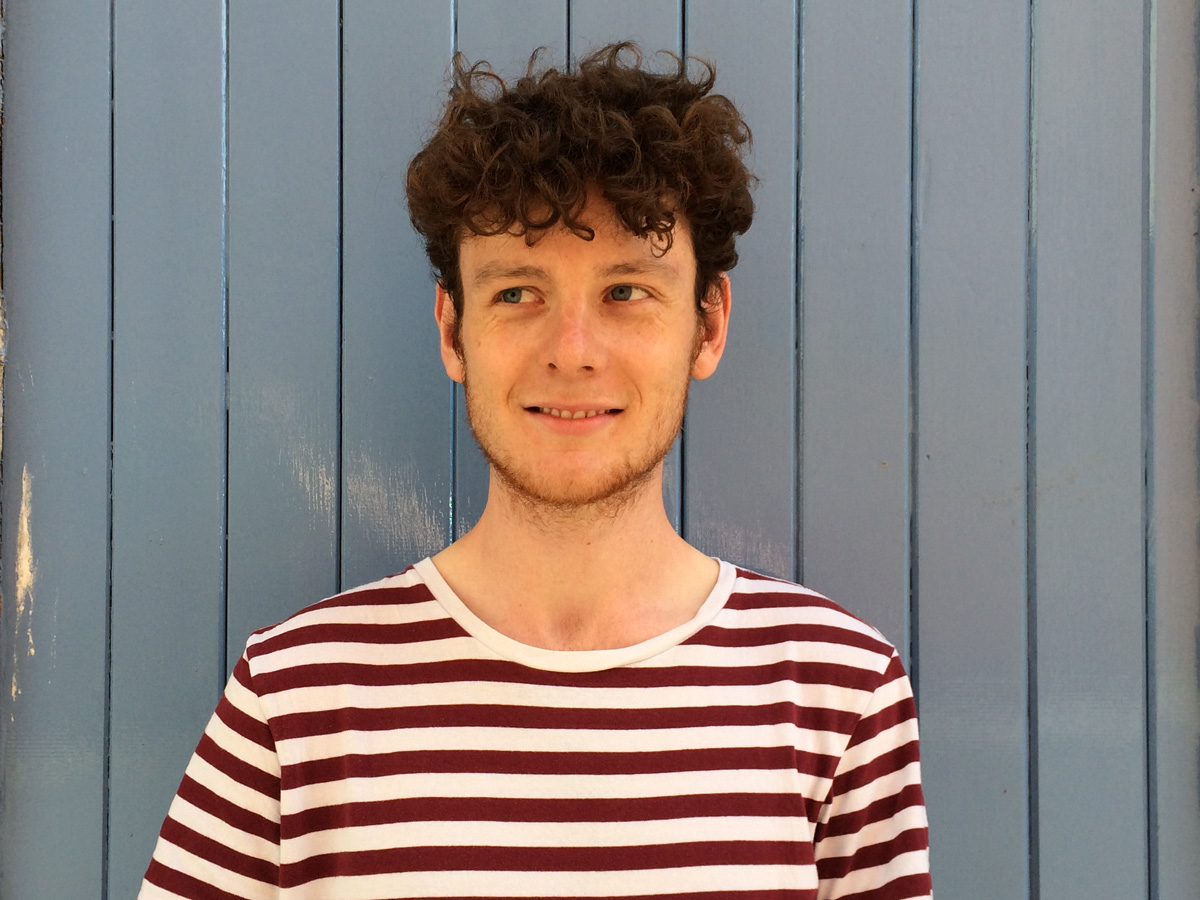Standup comedian Pravanya Pillay is making politics funny again
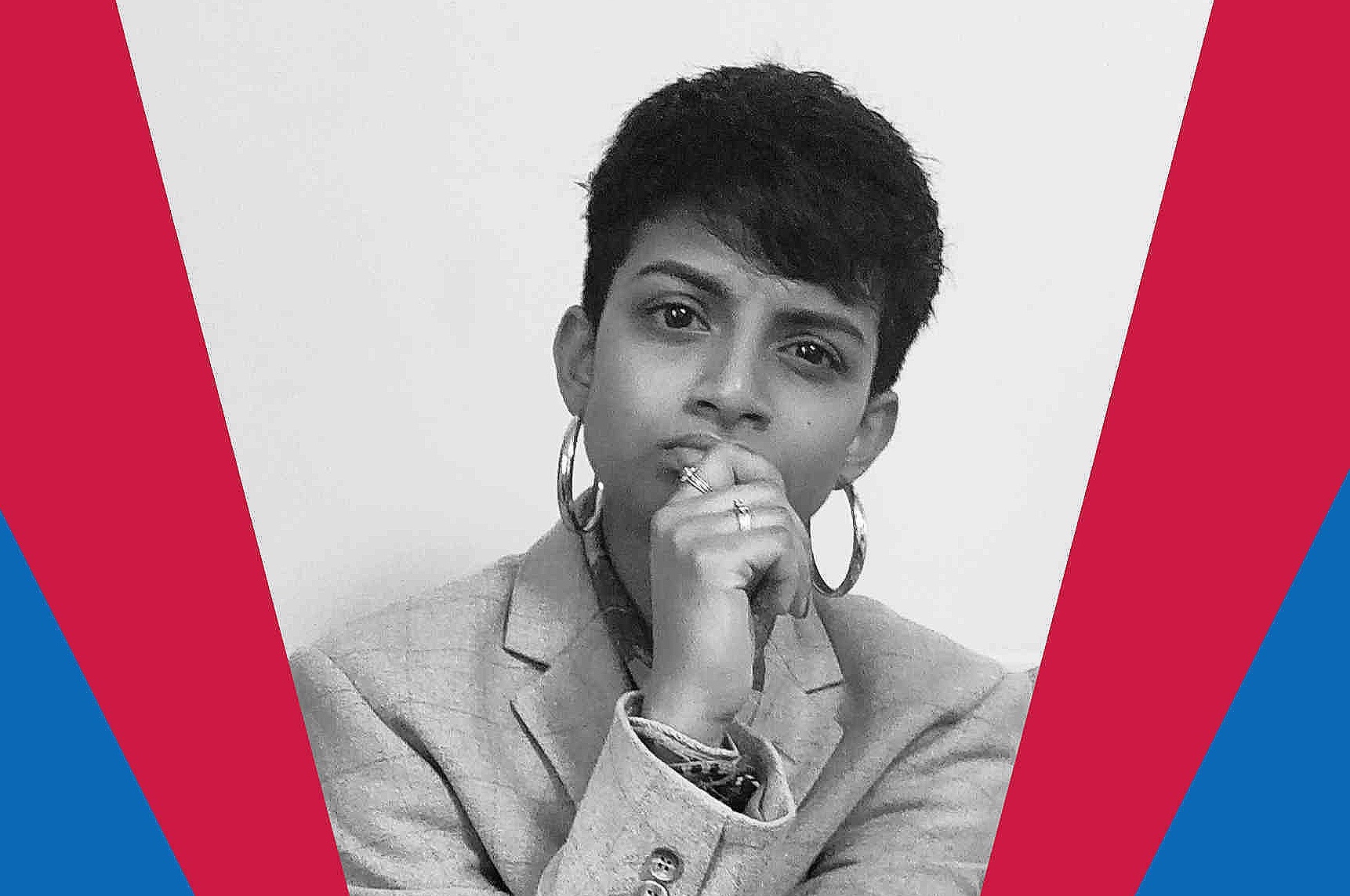
The standup tells us all about her New Labour-inspired show
Tony Blair won a historic landslide victory at the 1997 general election, making him Prime Minister and bringing Labour back into power after eighteen years of Conservative rule. Standup comedian Pravanya Pillay was just two years old when it happened – but that hasn’t stopped her using the hope she imagines was changing minds across the country as the inspiration for her upcoming show, aptly named 1997 Election Stand Up Special. We catch up with the auteur ahead of the show, which is on 11 December at 8pm at Watershed.
What’s this show all about?
This show is about being stupid and silly and making everyone pay to watch you be stupid and silly. I love comedy because there are no silly ideas, in fact when I write there are only silly ideas. I think it’s so important to have a space to be creative and also to just be ridiculously stupid and outlandish. It’s why I’m so jealous of babies.
Why did you want to make it?
This show is also a bit about hope. The 1997 election was built on the politics of hope and the idea that things could only get better. It was exciting – ‘Cool Britannia’ and ‘Call Me Tony’ – but it was just a fallacy, because soon after there was the Millennium Dome and some other stuff. Nevertheless it was something we really believed in and it got us through a really difficult time. For me, that’s where I was at – I was having a really really difficult time – and creating this show gave me hope, which was a fallacy because it didn’t solve my problems, but it still got me through. Disclaimer: I actually don’t remember any of the early Blair prime ministership because I was two when he was elected but, from what people say and the many Tony Blair documentaries I’ve watched, it sounds great!

Have you always been interested in politics?
I don’t know if ‘being interested in’ is the right way to describe my relationship with politics. I feel like politics is like that problematic great uncle who you love, because you’re obliged to, but also you’re deeply, deeply ashamed of.
What sparked your interest in becoming a standup?
I’ve always loved performing. I was probably the showiest child in the world, and my parents are like, obsessed with me, so they always gave me a platform. I don’t know if anything particularly sparked my interest in becoming a standup, but I’ve always loved comedy. My parents are two of the funniest people I know (not always on purpose) and banter has always been highly valued in the Pillay household.
I didn’t realise I wanted to do it professionally for a long time. I was studying for exams in my second year of a medical degree (spoiler alert – I did not finish that degree) and to get me through I was watching pathological amounts of the Daily Show and there was this throw away clip at the end of a prank show, but instead of pranking people you baptised them (it was called Baptiz’d). I found it so so funny! I watched it five times over and afterwards I was like – that’s what I want to do. But obviously no one wants to get baptised by a Hindu, so I decided to do comedy instead.
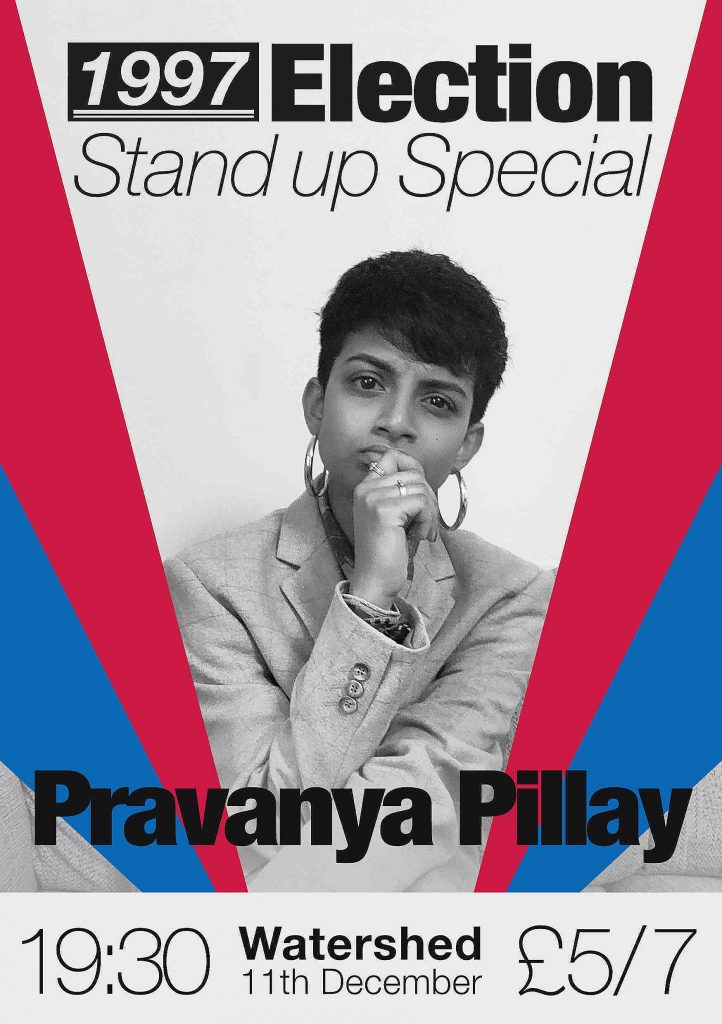
What’s the Bristol standup scene like?
It’s friendlier than most comedy scenes – they definitely like me more here then they do in Cheltenham. But I’m a woman of colour so there are loads of unique challenges that don’t go away no matter how friendly the city is. You often feel like an imposter, and like you have to be exceptional to be recognised. You’re not allowed to fail – white male comedians use the stand up scene to learn, but women of colour can’t really do that. Now there’s a big push for diversity, everyone wants one of me on the bill – so you often feel completely tokenised.
These are problems with standup in general though, and Bristol’s doing a lot more to rectify that than other cities. For example, once I thought I was cast in a sketch comedy show because I was a woman of colour, but it turns out it was just because I was really talented. Ultimately I don’t think stand up needs to be what it is – I think it should be different. I’m not really bothered with being successful in the current standup scene, it would mean nothing to me. I want to change the scene so that it’s more inclusive and there’s space to learn and fail and so that it’s more collaborative, and then I want to succeed in that scene with loads of other people.
What advice would you give to any up-and-coming comedians reading this?
Love this question, it makes me feel like wise old comedy wizard. I haven’t been doing this for long so I could be wrong, but the main thing I would say is do exactly what you want. Just do what you want and do what you think is funny. There is nothing in this universe that every single person likes, you can’t please everyone so just please yourself and you’ll find your audience. Also, comedy isn’t a competition. There’s space for everyone. Collaborating and sharing space and ideas is so much better for your mental health.
Which prime minister past or present do you think would make the best comedian?
Ugh, like we need anymore cis, straight, upper-middle-class white boys doing comedy.
Finally… who are you voting for?
Omg, buy me a drink first!
See Pravanya’s 1997 Standup Special on Wednesday 11 December at Watershed.

